Welcome to the radiant realm of LED strip lights, where the fusion of innovation and aesthetics transforms your ordinary shelves into mesmerizing displays of light and color. Imagine elevating the ambiance of your home with these versatile and energy-efficient lighting solutions. Whether you’re aiming to showcase your favorite collectibles, enhance your workspace, or add a touch of elegance to your living areas, installing LED strip lights on shelves is a game-changer for any homeowner eager to revamp their space.
Dive deeper into the world of LED strip lights, and you’ll discover an array of options tailored to your lighting needs. From the cozy warmth of single-color strips to the vibrant versatility of RGB options, the right choice can dramatically alter the mood and functionality of any room. Understanding the nuances of LED density, brightness, and strip flexibility is critical to achieving the desired effect, ensuring your shelves not only shine brightly but also complement the overall design of your space.
Behind this comprehensive guide is Tom, a seasoned expert in the LED lighting industry since 2005. With his extensive experience and passion for LED technology, Tom has crafted this detailed how-to guide to empower you with the knowledge and confidence to undertake your LED strip light installation. Whether you’re a DIY enthusiast or simply looking to learn more about this transformative lighting solution, Tom’s insights and tips will guide you through each step of the process, ensuring a successful and stunning outcome.
So, are you ready to illuminate your shelves like never before? Let’s dive right in and explore the transformative power of LED strip lights together. With Tom’s expert guidance and a little creativity, you’re just steps away from enhancing your home with beautiful, efficient, and customized lighting. Join us on this illuminating journey and discover how simple it is to bring your shelving to life with the magic of LEDs.
Understanding LED Strip Lights
Exploring the vast realm of LED strip lights unveils a range of options tailored to different aesthetic and functional requirements. These lights serve as a transformative element, capable of converting ordinary spaces into vibrant or elegantly lit environments. Let’s delve deeper into understanding the types, features, and criteria for selecting the perfect LED strip lights for your shelves, ensuring they not only enhance the ambiance but also complement your living or working spaces efficiently.
Types and Features
The choice between single-color and RGB LED strip lights hinges on the ambiance you aim to establish within your space. Single-color strips, available in various shades from warm white to cool blue, provide a steady, consistent light source. They are perfect for creating focused illumination or a tranquil atmosphere. In contrast, RGB LED strip lights offer a spectrum of colors, allowing for dynamic lighting setups that can change according to mood, occasion, or even time of day, offering unparalleled versatility in home lighting design.
Understanding LED density and brightness is fundamental when selecting your strip lights. The density, indicated by the number of LEDs per meter, affects not only the brightness but also the uniformity of light emitted, which is crucial for avoiding patchy or sporadic lighting effects. For shelves that demand a smooth and continuous light source, opting for a higher-density strip is advisable.
Brightness, quantified in lumens, is another pivotal aspect. It dictates the intensity of light, which should align with the strip’s intended purpose. While accent lighting may require a subtler luminosity to enhance ambiance without overpowering, task-oriented areas like kitchen counters or workspaces benefit from brighter illumination to ensure functionality and ease of use.
Selecting the Perfect LED Strip
The journey to selecting the ideal LED strip light for your shelving is both an art and a science. It involves balancing aesthetics with practicality. The length of the LED strip should correspond with your shelf dimensions to ensure a seamless and cohesive look. Flexibility also plays a critical role, especially for shelves with unique shapes or corners that require the strip to bend without compromising light output or causing damage.
Compatibility is key. The width of the LED strip and the presence of compatible connectors and mounting channels are crucial for a successful installation. Furthermore, the adhesive backing’s quality on the strip can make or break the longevity of your setup. High-quality adhesive ensures your lighting remains secure and steadfast, unaffected by environmental factors like temperature changes or incidental contact.
Tools and Preparation
Before you embark on the journey of transforming your shelves with LED strip lights, gathering the proper arsenal of tools and materials is crucial. This preparation phase is the bedrock of a successful installation, ensuring you’re equipped to handle every step with precision and ease. Let’s delve into the essentials that will facilitate a smooth installation process and set the stage for your shelving to shine.
Essential Tools and Materials
The cornerstone of your installation toolkit should be a pair of reliable cutting instruments. Scissors or a sharp knife are indispensable for trimming LED strips accurately along designated cut lines, preventing any damage to the lights or circuitry. Precision in cutting ensures that your strips fit perfectly on your shelving, maintaining a professional and aesthetically pleasing appearance.
Next, arm yourself with a tape measure or ruler, which is essential for determining the exact length of LED strips required. Accurate measurements prevent wastage of materials and ensure that your lighting is proportionate and tailored to your shelving dimensions.
Wire strippers and a soldering iron may also be necessary, mainly if your installation involves creating custom lengths or connecting multiple strips. These tools facilitate secure and efficient electrical connections, which are vital for the safe operation of your LED lighting.
Your materials list should encompass more than just the LED strips and their power source. Connectors play a pivotal role in extending strips or navigating corners seamlessly, ensuring continuous lighting without interruptions. Depending on your installation surface and environment, mounting clips or channels might be required to secure the strips firmly, especially in areas prone to movement or where a cleaner, more concealed installation is desired.
Layout Planning and Surface Preparation
A well-conceived layout plan is your blueprint for success. It should detail the arrangement of your LED strips, power sources, and connectors, considering both functionality and aesthetics. Visualize the result, accounting for any obstacles or unique shelf features that could influence the placement and routing of your lighting. This foresight can prevent issues later on, ensuring a smooth installation process.
Surface preparation must be balanced; it’s the foundation upon which your LED strips will adhere. Start with a thorough cleaning of the shelf surfaces using an appropriate cleaning agent to eliminate any dust, oils, or residues. A clean, dry, and stable surface ensures optimal adhesion of the strip’s backing, reducing the risk of peeling or detachment over time.
For non-standard materials or particularly slick surfaces, a light sanding or the application of a primer can enhance the bonding strength of the adhesive backing. Such attention to detail in the preparation stage paves the way for a durable and reliable LED strip light installation, ensuring that your shelves are not only illuminated but also visually integrated into your living space with elegance and precision.
Detailed Installation Guide
Embarking on the installation of LED strip lights on your shelves requires a systematic approach to ensure a visually appealing and functional outcome. This detailed installation guide will walk you through each critical step, from precise measuring and cutting to secure attachment and adept wire management.
Measuring, Cutting, and Attaching
The process of installing LED strip lights begins with meticulous measurement, a step that sets the foundation for the entire project. Incorrect measurement not only wastes materials and time but can also lead to suboptimal lighting effects. To start, use a reliable tape measure to calculate the length of your shelves, considering any irregularities or unique design features that might require extra attention or additional strip segments.
When it’s time to cut your LED strip, precision is paramount. Locate the designated cutting points—usually marked by a line and scissor icon—and use a pair of sharp, fine-edged scissors to cut. It’s essential to cut only along these specified lines to avoid damaging the electrical circuitry within the strip.
Attaching the LED strip lights to your shelf is the next crucial step. Before you begin, ensure that the surface is clean, dry, and free of any substances that might impair adhesion. Use an appropriate cleaning solution and a soft cloth to prepare the area. If you’re working with a particularly slick or challenging surface, consider lightly sanding the area or using an adhesion promoter for a better grip.
With the surface prepared, you’re ready to attach the strip. Start by carefully peeling back a small section of the adhesive backing. Align the strip with the desired position on the shelf, starting at one end and gradually pressing it down along its length. Avoid stretching the strip; instead, gently lay it in place to ensure it adheres smoothly and securely. For corners or curves, bend the strip gently, ensuring it conforms to the shape of the shelf without twisting or kinking.
For shelves that experience frequent movement or are subject to vibrations, consider reinforcing the strip’s position with additional mounting clips or adhesive promoters. This extra step ensures your lighting remains secure and functional, enhancing both the aesthetics and longevity of your installation.
Power Connection and Wire Management
Achieving a professional look extends beyond the mere placement of LED strips; how you manage the power connection and wiring plays a crucial role in the overall aesthetics and functionality. Begin by ensuring your power supply’s specifications align with the LED strip’s requirements. This compatibility is vital for the longevity and safety of your lighting.
When connecting the LED strip to the power supply, use the recommended connectors, ensuring a tight and secure connection. For those less experienced with electrical work, solderless connectors provide a user-friendly solution, offering a reliable connection without the need for specialized tools.
Wire management is the final yet essential step in your installation process. Unsightly wires can detract from your shelf’s appearance and create potential hazards. Strategically route wires behind the shelves or cabinetry, securing them with cable ties or adhesive clips. The aim is to maintain a neat, organized look, with cables hidden from view, enhancing both the safety and elegance of your installation.
Advanced Installation Tips
Elevate your LED strip light installations from basic setups to sophisticated, dynamic displays with these advanced tips. Incorporating dimming capabilities and exploring custom installation techniques can transform how you use and interact with your lighting, making it not just a source of illumination but also an integral part of your home’s ambiance and décor.
Dimming and Control Options
The ability to control the intensity and color of your LED strip lights can drastically change the mood and functionality of a room. Dimmers are perfect for adjusting brightness levels to match the time of day or the activity, from a brightly lit workspace during the day to a cozy, dimly lit environment for movie nights. For LED strips with dimming capabilities, selecting a compatible dimmer switch is crucial. These devices are typically easy to install and operate, offering a straightforward way to enhance your lighting setup’s flexibility.
On the other hand, RGB controllers open up a world of color possibilities, allowing you to tailor your lighting to any occasion. From vibrant party colors to soft, relaxing hues, the suitable controller can make switching between color schemes as easy as pressing a button. When choosing a controller, look for one that offers the features you need, such as color selection, brightness control, and programmable scenes or effects. Wireless controllers that connect via Bluetooth or Wi-Fi are particularly convenient, enabling control directly from your smartphone or tablet.
Custom Installation Techniques
Every space is unique, and sometimes, standard installation methods need to meet our needs. That’s where custom installation techniques come into play, allowing for creativity and adaptation to the specific requirements of your space. For shelves with unusual shapes or those that require lighting in particular areas, cutting and rejoining LED strip segments with connectors can provide a tailored solution. This approach ensures that lighting is consistent and continuous, even across different levels or around corners.
Aluminum channels are another excellent option for custom installations, offering both aesthetic and practical benefits. They provide a clean, finished look, help diffuse light more evenly, and protect the LED strips from dust and damage. For curved surfaces or corners, flexible LED strips are indispensable. Their ability to bend and twist without compromising performance or lifespan makes them ideal for wrapping around objects or following the contours of furniture.
Visibility of the LED strips is a common concern, especially in more prominent or central areas of a room. Using diffuser covers not only softens the light, reducing harshness and glare, but also conceals the LED strips themselves, creating a more polished and professional appearance. Whether you’re aiming for subtle accent lighting or a bold, dramatic effect, these advanced tips can help you achieve the perfect setup, combining functionality with sheer aesthetic appeal.
Rozwiązywanie problemów i konserwacja
Even the most meticulously installed LED strip lights can encounter issues over time. Being prepared to troubleshoot common problems and perform regular maintenance can significantly extend the lifespan of your lighting and ensure it continues to function optimally. Below, we delve into common installation pitfalls and the best practices for ongoing care and safety of your LED strip lights.
Common Installation Pitfalls
Despite thorough planning, you may need help with the installation of LED strip lights. A typical issue is the adhesive backing failing to adhere correctly to the shelf surface. To mitigate this, always clean the installation area thoroughly with an alcohol-based cleaner to remove any oils or residues that could weaken the adhesive’s bond. If adhesion problems persist, additional fixtures like mounting clips or high-quality double-sided tape can provide a more robust solution.
Another frequent concern is uneven lighting, which can detract from the aesthetic appeal of your installation. This issue often arises from improperly laid out strips or electrical voltage drops over extended lengths. Careful planning of your layout to avoid sharp bends and the use of a power supply with ample voltage can help maintain consistent illumination across the strips.
Flickering lights can also be a sign of trouble, typically pointing to loose connections or an inadequate power supply. Ensuring all connections are secure and using a power supply that meets the strip’s voltage and current requirements are crucial steps to prevent this issue. If flickering persists, inspecting the dimmer or controller compatibility and functionality might be necessary.
Ongoing Care and Safety
To enjoy the enduring beauty and functionality of your LED strip lights, regular maintenance is essential. Over time, dust and debris can accumulate on the light strips, potentially dimming their brightness and affecting their appearance. Periodic gentle cleaning with a soft, dry cloth can help maintain their luminance and prevent the buildup of contaminants that could impair their functionality.
Moreover, it’s vital to observe the manufacturer’s guidelines regarding the power supply and strip loading to avert the risk of overheating or electrical malfunctions. Any visible signs of wear or damage, such as exposed wires or dim LED sections, should prompt immediate attention to prevent potential hazards.
Creative Applications and Ideas
The transformative power of LED strip lights extends far beyond mere functional illumination. With their flexibility and diverse color range, these lights can redefine spaces, create ambiance, and even influence moods. This section explores innovative lighting configurations and how to adapt LED lighting to different room settings, showcasing the true potential of these versatile fixtures.
Innovative Lighting Configurations
Imagine the possibilities when you blend the practicality of LED lighting with a dash of creativity. Layered lighting, for instance, can be achieved by strategically placing LED strips to combine both direct and indirect light sources. Installing strips at the back edge of your shelves not only highlights the items displayed but also projects a captivating glow onto the wall, enriching the room’s depth and visual appeal.
For those who relish color and vibrancy, integrating RGB LED strips can introduce a dynamic element into any space. Such strips offer the flexibility to change colors, set lighting sequences, or even synchronize light patterns with music, perfect for creating an entertainment hub or enhancing a gaming setup. This adaptability makes it possible to tailor the lighting to suit the occasion, whether it’s a lively party or a tranquil evening at home.
Lighting for Different Room Settings
LED strip lights’ adaptability shines across various room settings, each with distinct lighting needs:
In the kitchen, where precision and clarity are key, bright, cool-toned LEDs can provide excellent task lighting, aiding in food preparation and cooking. Conversely, warm white strips installed under cabinets can evoke a welcoming and cozy atmosphere, ideal for kitchen dining areas or late-night snacking.
Closets and wardrobes, often confined and shadow-prone, can benefit immensely from targeted LED strip lighting. Opting for LED strips with a high color rendering index (CRI) ensures that colors are accurately represented, making outfit selection less of a chore and more of a delight.
Office environments, where focus and productivity are paramount, can also harness the benefits of LED strip lighting. Installing neutral, eye-friendly strips under shelves or cabinets can mitigate eye strain, thereby boosting concentration and work efficiency. Moreover, the ability to adjust brightness or color temperature allows for customization according to task or time of day, fostering a conducive work ambiance.
Najczęściej zadawane pytania
Can LED strip lights be cut to fit specific shelf lengths?
Absolutely! LED strip lights are designed with designated cutting points, allowing you to trim them to the exact length needed for your shelves. Just ensure you cut at the marked lines to maintain circuit integrity.
Are LED strip lights suitable for all types of shelving materials?
LED strip lights are versatile and can be used on various shelving materials, including wood, metal, and glass. However, it’s crucial to ensure the surface is clean and dry before installation to secure proper adhesion.
How do you prevent LED strip lights from peeling off shelves?
To prevent LED strip lights from peeling off, ensure the shelf surface is thoroughly cleaned and dried before installation. If needed, you can also use mounting clips or brackets for extra security, especially in high-traffic areas or on surfaces where adhesive may not hold well.
Can I connect multiple LED strip lights on one shelf?
Yes, you can click various LED strip lights to extend the length. Use connectors designed explicitly for your LED strips, ensuring they are securely attached to prevent any electrical issues.
How do I choose the correct power supply for my LED strip lights?
To determine the proper power supply, calculate the total wattage of your LED strip lights and select a power supply that can handle at least 20% more than the computed wattage. This provides a buffer to ensure the power supply isn’t overloaded, enhancing its longevity and safety.
Is it possible to control LED strip lights with a remote or smartphone?
Yes, many LED strip lights come with options for remote or smartphone control, especially RGB models. These features allow you to adjust brightness, change colors, and even set lighting schedules or scenes for enhanced ambiance and convenience.
Do I need any special tools to install LED strip lights on shelves?
The basic installation of LED strip lights requires minimal tools, typically just a pair of scissors or a sharp knife for cutting, plus any connectors needed. For a more secure installation, you might need additional tools like a screwdriver or wire strippers, depending on your setup.
How can I ensure even lighting across my shelved LED strip installation?
To provide even lighting, avoid stretching the LED strips and evenly space any connections or cuttings. Additionally, consider using a diffuser or placing the strips at a consistent depth from the front of the shelf to prevent hotspots and shadows.
Co powinienem zrobić, jeśli moje taśmy LED przestaną działać po instalacji?
If your LED strip lights stop working, check all connections and ensure the power supply is functioning correctly. Also, inspect the LED strips for any visible damage. If the problem persists, consult the manufacturer’s troubleshooting guide or contact customer support.
How can I add a dimming feature to my LED strip lights on shelves?
To add a dimming feature, use a compatible LED dimmer switch or controller. Ensure your LED strip lights are dimmable and follow the manufacturer’s instructions for integrating the dimming feature, which can significantly enhance the ambiance and versatility of your lighting.
Conclusion and Engagement
As we wrap up this enlightening guide on installing LED strip lights on shelves, we hope you feel equipped and inspired to embark on your lighting projects, transforming mundane spaces into mesmerizing displays. Whether you’re accentuating your kitchen shelves or adding a glow to your workspace, the proper LED lighting can significantly elevate your environment.
In your journey to illuminate your spaces, consider leveraging the expertise and high-quality products offered by Unitop, one of China’s premier manufacturers in the realm of Taśmy LED oraz Elastyczny neon LED. Known for our commitment to innovation, quality, and customer satisfaction, Unitop stands ready to assist you in selecting the perfect lighting solutions tailored to your specific needs and preferences.
Should you have any further questions, require detailed advice, or wish to explore an array of top-notch LED lighting options, do not hesitate to Kontakt z Unitop. Our team of seasoned professionals is dedicated to providing you with the support and expertise necessary to achieve your lighting ambitions, ensuring that every glow and sparkle in your space is nothing short of spectacular.
Embrace the transformative power of LED lighting with Unitop, and let your shelves shine with style and sophistication. Reach out to us today and illuminate your world with excellence and elegance.

Tom jest obecnie kierownikiem sprzedaży w Unitop (China) Co., Limited. Był w Oświetlenie LED od 2005 roku. Jest ekspertem w dziedzinie sprzedaży i marketingu oraz zarządzania fabryką. Lubi kulturystykę, a także jest szalonym fanem Apple! Jest ciężko pracującym facetem i uwielbia uczyć się i próbować nowych rzeczy.
E-mail: tom@unitopledstrip.com WhatsApp: +86-18680307140

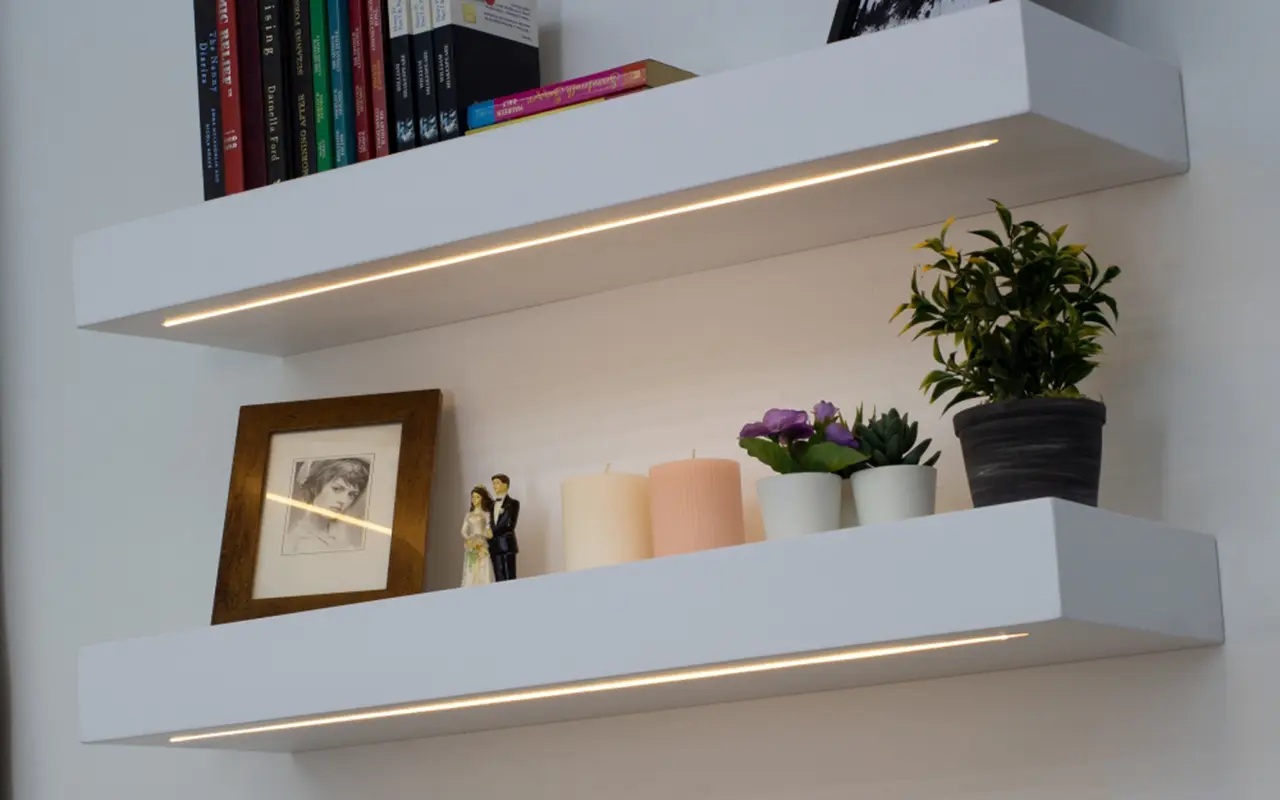
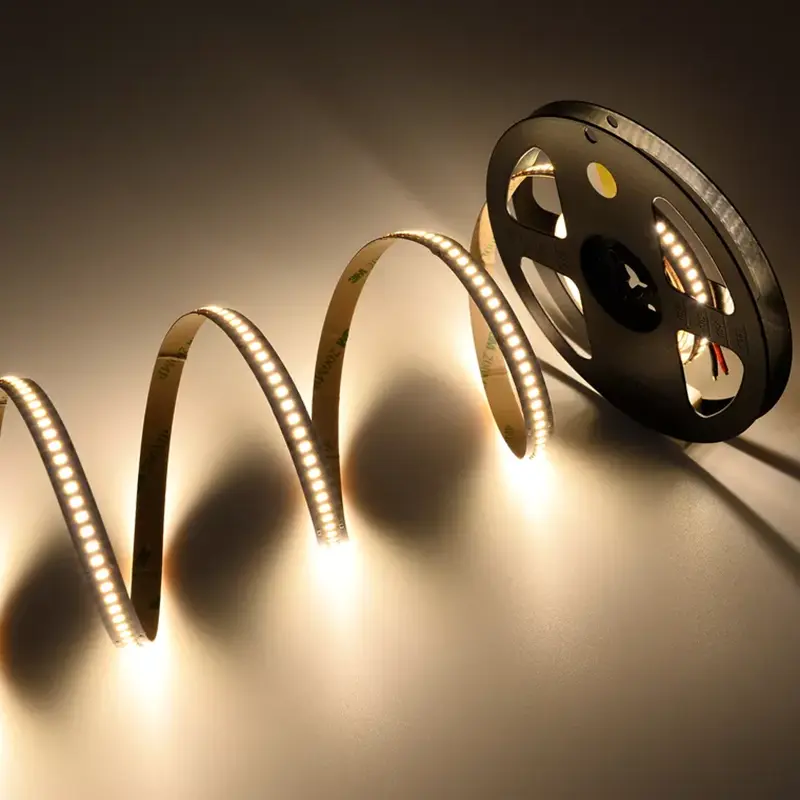
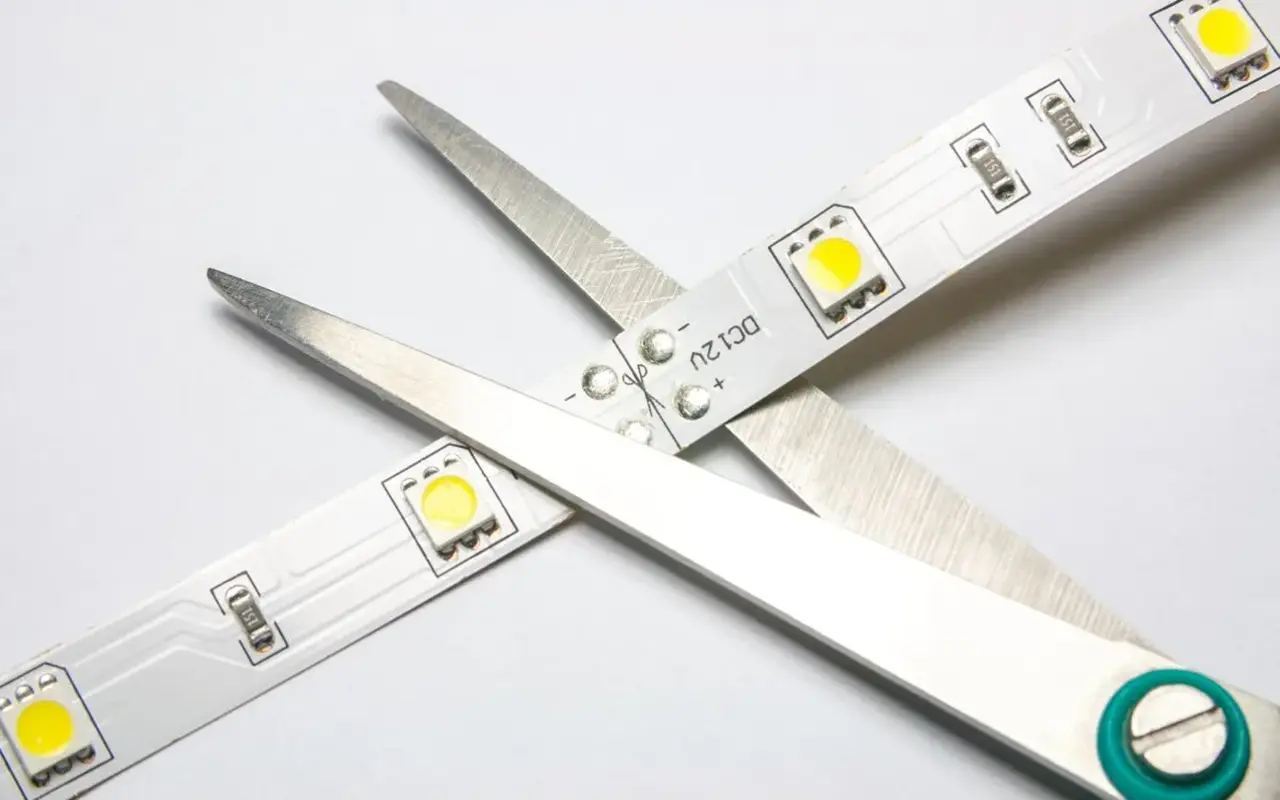
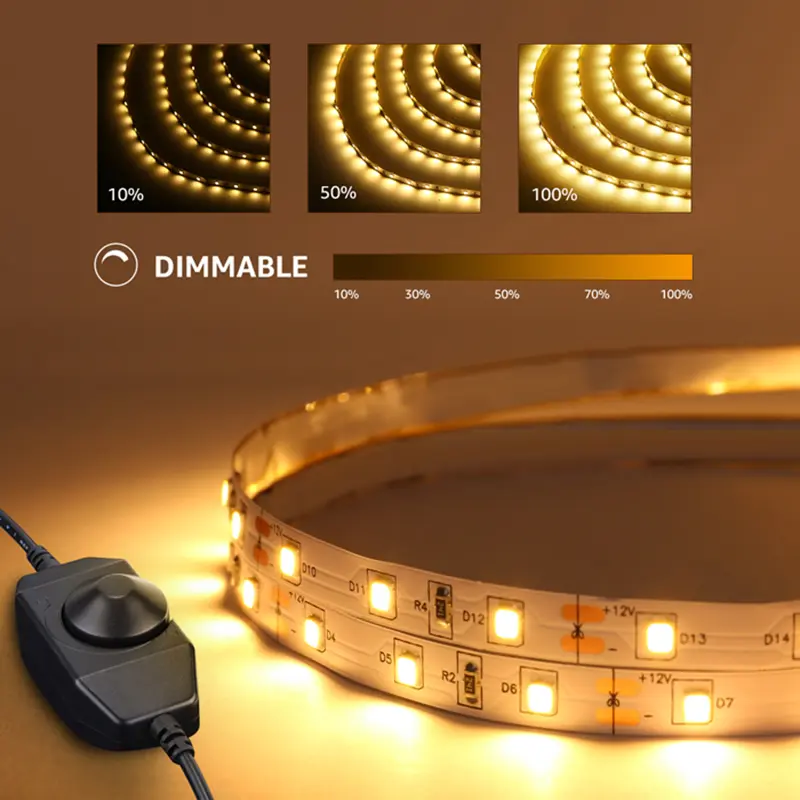

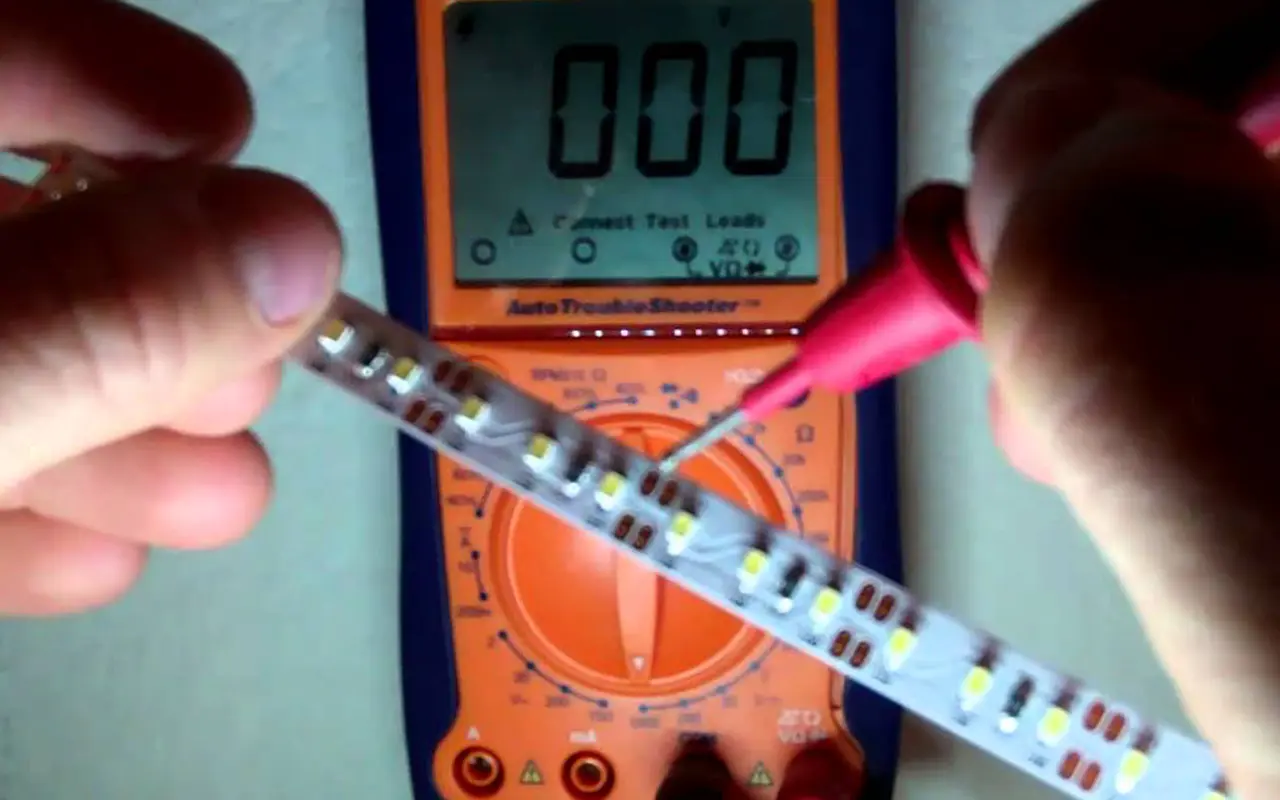
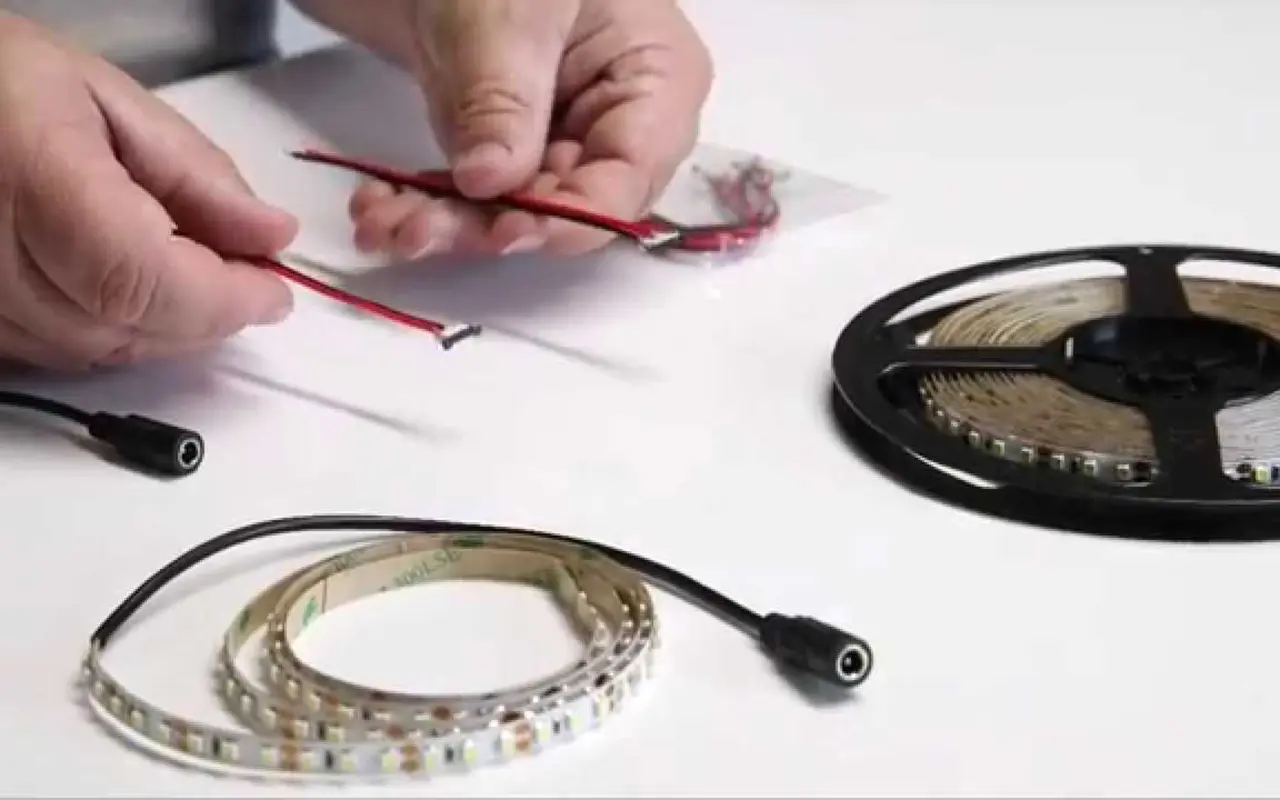
Dodaj komentarz
Chcesz się przyłączyć do dyskusji?Zapraszamy do udziału!